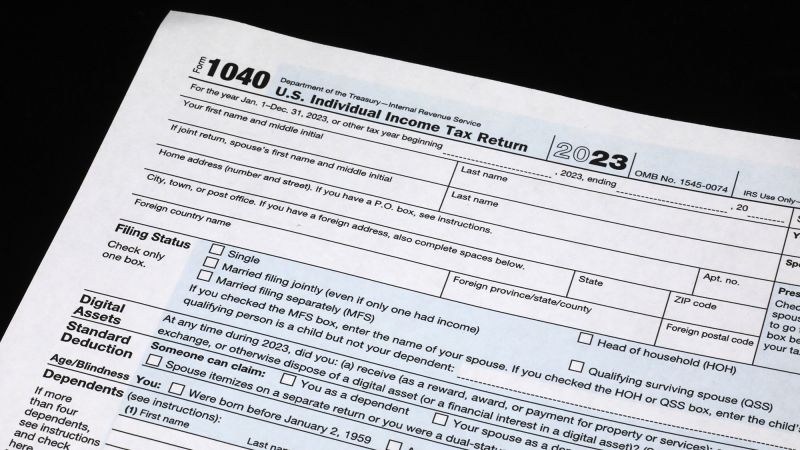If you still have not filed your 2023 tax return and owe income tax from last year, you have until April 15 to rectify the situation without facing penalties. Some individuals in certain situations, such as living in Maine, Massachusetts, or Washington, DC, or being in federally declared disaster areas, may have extra time to file and pay. For those who cannot file a full return by April 15, submitting Form 4868 will grant an automatic six-month extension to file. However, this extension is only for filing the return and does not apply to paying any outstanding balance due, which will still be required by April 15.
Consider calculating an estimate of the amount you owe the IRS based on your sources of income, potential changes in your tax situation, and any major life events that may impact your taxes. A basic estimate can be obtained by multiplying your income by 20% and ensuring you have paid at least that amount to the IRS. For households with income over $200,000, using 30% in calculations may be more accurate. Failing to file on time when taxes are owed may result in a failure-to-file penalty, which can amount to 5% of unpaid taxes per month, not exceeding 25%.
Failure to pay what is owed by the tax-filing deadline will also result in a failure-to-pay penalty of 0.5% of the outstanding balance every month it goes unpaid, up to 25% of the total. Interest will also be applied to any outstanding balance, so sending in a partial payment if you cannot pay in full by the deadline can help minimize penalties and interest. Exploring repayment plan options with the IRS and seeking advice from a tax professional may further reduce penalties and interest for those who owe significant amounts. Freelancers, gig workers, and sole proprietors should be aware of underpayment penalties if estimated taxes were not paid quarterly.
Late filers who are owed a refund will not face a failure-to-file penalty if they miss the deadline, as penalties only apply when taxes are owed and not paid by the due date. The IRS will issue the refund with interest to taxpayers who are due a refund, even if they file up to three years after the original due date. However, if the three-year limit after the original due date is exceeded, the taxpayer may lose the right to the refund. It is essential to file within that time frame to avoid losing the refund entitlement.


